-
Thieves of Virtue, Tom Koch
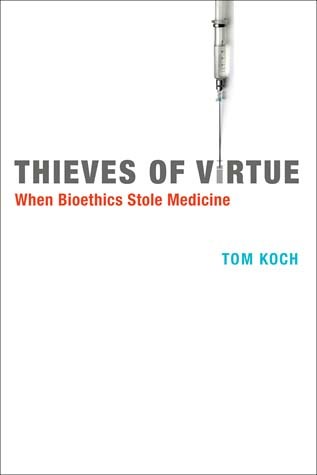
Why do we not have enough testing? Ventilators? Contract tracing networks? Koch, a physician and provocateur, exposes our bioethics of scarcity as serving neoliberal needs instead of patient priorities. If bioethics was focused on flourishing instead of rationing, we would not be in this hot mess.
-
Hippocrates Vol II
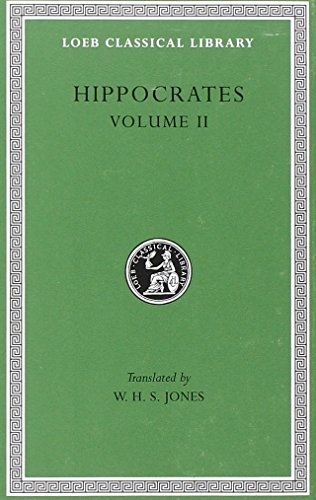
In pandemic time, we get back to the essentials. Our leaders should have remembered that: It is also necessary promptly to recognize the assaults of the endemic diseases… Hippocrates is the O.G. physician aphorist. Many are physicians by repute, very few are such in reality. The humours may be outmoded, but his bedside manner is…
-
Epidemics and Society, Frank M. Snowden
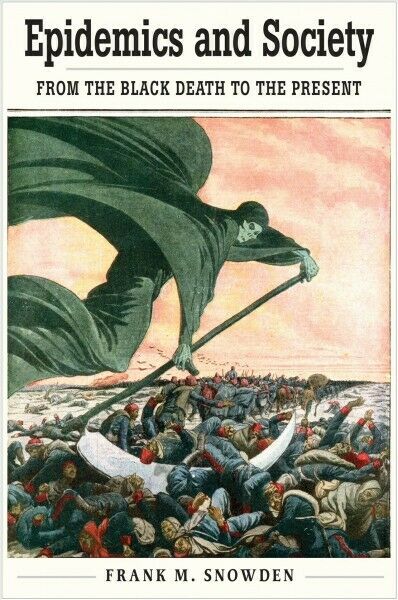
Epidemics exploit public health vulnerabilities so, Snowden argues, every society gets the epidemic it deserves. When health is a commodity, you get a pandemic which is spread by the affluent while its costs are borne by the indigent. Devastating.
-
Your Love Alone Is Not Enough, Richard Froude

There are amazing folks everywhere in the hospital. One of them, a psych resident, gave me a copy of his “novel in ruins.” A pandemic proved to be right time to read it, because it is written in pandemic time: fragmented, intense, elegiac, and probing right down to the nub of things. We are living…
-
Oliver Twist, Charles Dickens
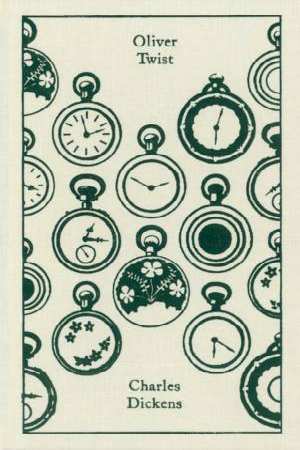
Epidemics shape societies. Epidemics shape our stories. Early Dickens opposed sanitary reform, so Oliver and his compatriots are victims of public health reformers. They live under the New Poor Law and the gallows. Dickens will change his mind, but Oliver’s story remain his most vivid tale of how the vulnerable suffer at the hands of…
-
The Theology of Liberalism, Eric Nelson
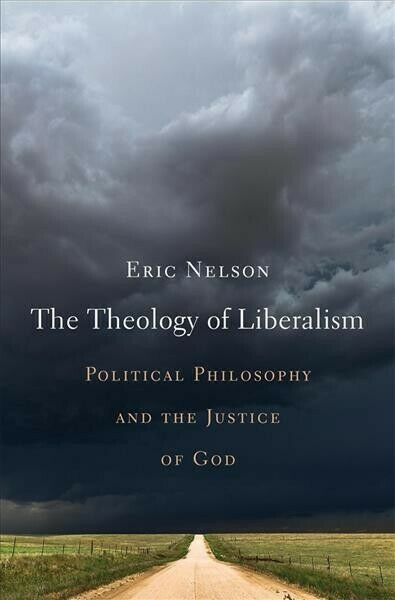
What do we deserve? What do we owe each other? Dissatisfied with current answers, Nelson excavates a lost argument– Pelagianism!– to show the poverty of our discussions. Today’s conversations about redistribution and reparations benefit from the past lessons. Here is a dissertation I’d like to read: translating these arguments into health equity frameworks.
-
Make It Scream, Make It Burn, Leslie Jamison
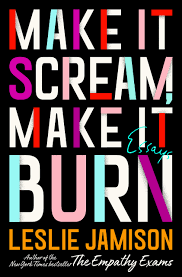
Read @lsjamison one morning before rounds– “This is how we light the stars, again and again: by showing up with our ordinary, difficult bodies, when other ordinary, difficult bodies might need us. Which is the point–the again-and-again of it. You never get to live the wisdom just once, rise to the occasion of otherness just…
-
Persuasion, Jane Austen

Austen describes a nurse “… a shrewd, intelligent, sensible woman. Hers is a line for seeing human nature; and she has a fund of good sense and observation which, as a companion, make her infinitely superior to thousands of those who having only received ‘the best education in the world,’ know nothing worth attending to.”…
-
Bedlam, Kenneth Paul Rosenberg
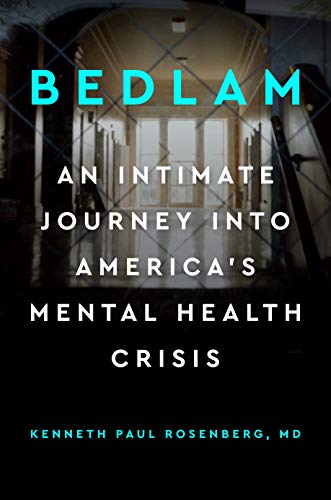
Rosenberg spent 5+ years following persons with serious mental illness. Our society allows them to disappear onto streets, jails, and early graves. If you know someone with a serious mental illness– and you do!– the Practical Advice at the end is helpful.
-
The Lost Art of Dying, L.S. Dugdale
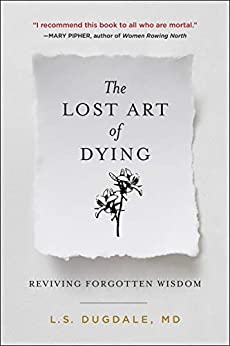
To die well, you have to live well. If a doctor can help, they must draw attention to finitude instead of distracting from finitiude. As you contemplate your finitude, Dugdale is the doctor you want on the journey. She reclaims ancient wisdom for contemporary hospitals. Her words, and the woodcuts at the end, are a…
Abraham Nussbaum
Physician, Teacher, Writer